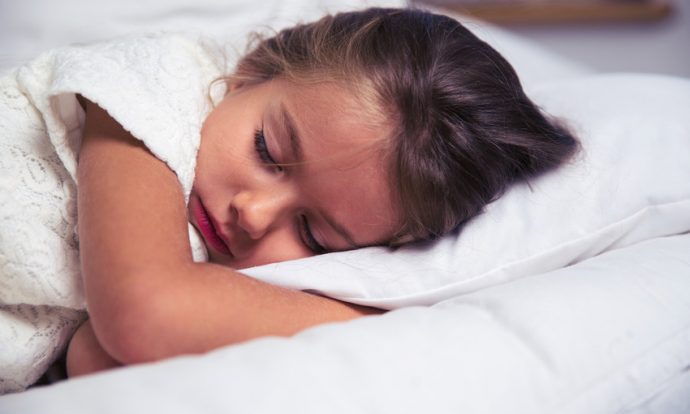Bedwetting, known medically as “nocturnal enuresis”, is quite embarrassing for children.
Many children stop wetting the bed before they reach school age, but many others don’t. Despite its embarrassing nature, this is nothing to be worried about; it’s simply the way somebodies develop.
Bedwetting: How Does it Happen?
Babies have little control over their bladders – they can’t empty it at will. When their bladder is full, it empties without them being able to stop it.
As the baby grows into a toddler, they gain some control over their bladders, learning to notice when its full. They’re able to hold it in long enough to get to a toilet or potty. This occurs between ages 2 and 4.
Then, as they get older, their bladder is able to hold more and the child is able to control it more.
Doing this during the day is easy, but for many children, they can’t hold it in during sleep and thus wet the bed.
Even by the age of ten, about 5% of children still wet the bed. If your child is wetting the bed beyond toddler age, they’re not alone, nor is it their fault.
Why Do Children Wet the Bed?
Children wet the bed for many reasons, including the few listed above.
Some kids produce much more urine at night
Some kids don’t have as strong bladder control
Heavy sleepers may wet the bed, as they don’t wake up when they need to urinate
Events in a child’s life that cause worry or fear can facilitate bedwetting
Health problems – Have a doctor check once just to rule out health problems
What if Your Child Wets the Bed?
If your child wets their bed, first understand that again, it’s not their fault. Bedwetting happens to many children up to and sometimes through elementary school age. That being said, there are some preventative measures you can take to try and reduce or eliminate bedwetting.
Encourage your child to get out of bed and go to the bathroom at night if they have to. There may be a few issues here to address
Your child might be scared of the dark – Consider installing a night light
The door handle or light switch could be hard to reach
Getting out of bed and to the bathroom may be difficult
For older or bigger children, there exist special types of pants with a lining that soaks up urine; in addition, a plastic coating on the inside of the pants stops it from leaking out.
If your child does wet the bed and you don’t use these pants, there are some other things you can do:
Use a waterproof mattress, as well as a waterproof comforter
Use thick sheets that are washable – these will soak it all up so that you can wash it out later
Set up a place for your child to put the wet bedding when it happens – a dedicated laundry basket, plastic trash bag, or something similar
Keep some air freshener/deodorizer on hand




